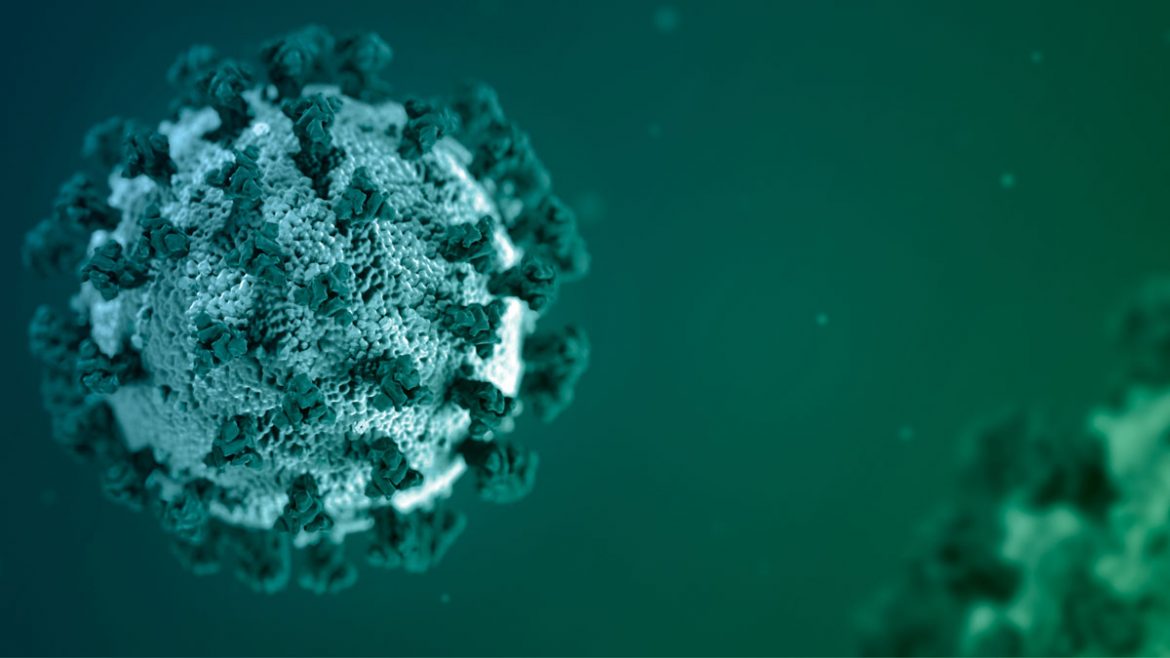On the World Health Day this year, WHO celebrates 75 years of improving public health and well-being in the South-East Asia Region and globally, fully committed to achieving Health for All through universal health coverage (UHC) – when all people can access essential health services, without financial hardship.
For decades – and since even before the 1978 Declaration of Alma-Ata – high-level leaders and policy makers from across the Region have recognized the critical role that access for all to quality, affordable and comprehensive primary health care (PHC) can play in achieving UHC and therefore Health for All. This has been well reflected in the Region’s renewed, decade-long push to achieve UHC, which since 2014 has been one of eight Flagship Priorities of the Region.
Between 2010 and 2019, the Region increased its UHC service coverage index from 47 to 61. Between 2000 and 2017, the Region reduced the number of households impoverished or further impoverished from out-of-pocket spending on health from 30% to 6%. Since 2014, the density of doctors, nurses and midwives in the Region has improved by over 30% – a tremendous achievement.
Five countries of the Region have already achieved the Sustainable Development Goal targets for under-five and neonatal mortality. Between 2000 and 2020, the Region achieved a 34% decline in TB incidence rates, and by the end of 2020 had met each of the Global Technical Strategy for Malaria milestones for mortality and morbidity. Since 2016, six countries of the Region have eliminated at least one neglected tropical disease and all countries continue to strengthen PHC services to prevent, detect, control and treat noncommunicable diseases.
Impressively, the Region has maintained its polio-free status and continues to have eliminated maternal and neonatal tetanus as a public health problem. Five countries of the Region have eliminated measles, two have eliminated rubella, and four have controlled hepatitis B through immunization.
The Region has many more mountains to climb. Today, in the shadow of the COVID-19 crisis, around 40% of people in the Region are unable to access essential health services. In 2017, around 299 million people in the Region faced catastrophic health spending, and an estimated 117 million people in the Region were pushed or further pushed below the purchasing power parity poverty line of US$ 1.90 a day – a figure that has since been exacerbated.
As highlighted by the Region’s 2021 Strategy for Primary Health Care, as well as the Region’s vision to build back better from the COVID-19 pandemic, whole-of-government, whole-of-society action is needed to drive rapid and sustained progress towards UHC and Health for All. We must all contribute.
*High-level leaders should maintain and strengthen political and financial commitments to achieve UHC, accelerating momentum ahead of the second UN General Assembly meeting on UHC in September this year. The COVID-19 crisis has shown that investments in UHC and health system resilience underpin not just health, but social and economic security, as well as the achievement of an array of Sustainable Development Goals.
Policy makers and programme managers must continue to implement the Region’s Strategy for PHC. Of specific focus should be strengthening public health infrastructure, workforce and financing, while at the same time increasing equity for those at risk of or who are already being left behind. Shared learning must continue to be a core priority, leveraging the full power of the Region’s new Forum for PHC-Oriented Health Systems.
People and communities must increasingly assert their voice and Right to Health, including by directly engaging in local health decision-making processes. As highlighted by the 2021 WHO handbook on social participation for UHC, as well as the Region’s recently adopted resolution on enhancing social participation in support of PHC and UHC, individuals and communities can play a key role in monitoring health service performance and holding health providers and policy makers to account.
Partners, donors and other stakeholders in the Region must go all in on UHC and Health for All, recognizing that the PHC approach is the most effective, efficient and equitable way to build national health systems that are unified, and which achieve healthier populations, health security and UHC. In all countries, policy makers must lead, and partners must support. Assistance must be fully aligned with national priorities, avoiding duplication and fragmentation.
On this, WHO’s 75th founding anniversary, let us unite in purpose and be driven by action to achieve UHC and Health for All, ensuring all people have good health for a fulfilling life in a peaceful, prosperous and sustainable world.





